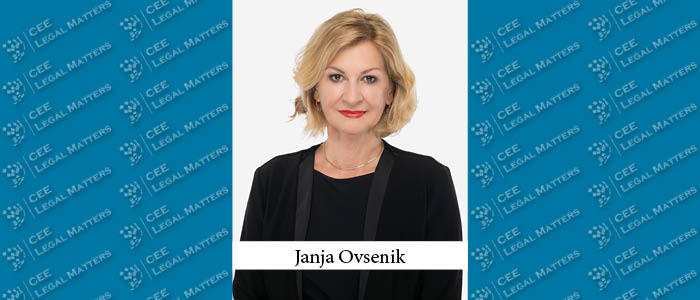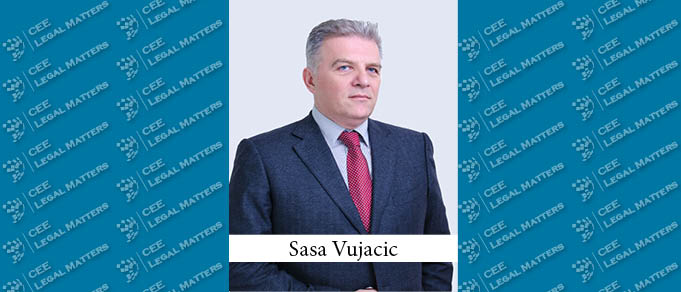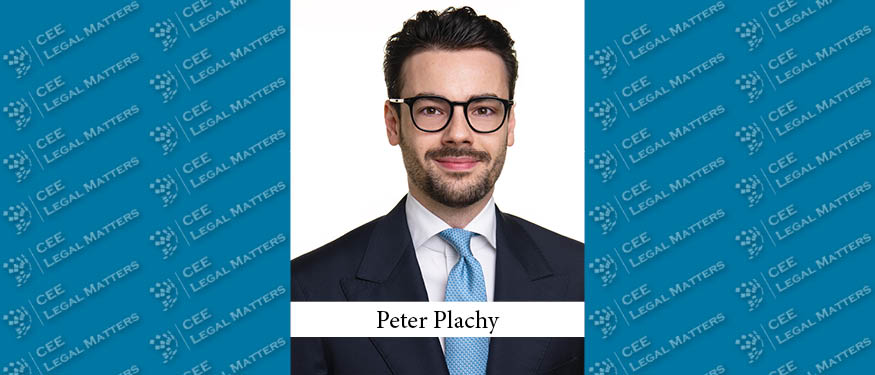The Czech Republic is one of the first countries to have commenced the implementation process of a top-up tax into the tax system. The Czech Top-Up Tax Act is a transposition of an EU Directive (Council Directive 2022/2523 of December 14, 2022) and is based on the OECD BEPS project Pillar Two initiative. It is definitely worth becoming acquainted with the basic principles of this new tax.
Slovenia: Assessing the Reasonableness of the Primacy of Family Over Economic Ties in Determining an Individual’s Tax Residence
How tax residence is determined is one of the key tax issues that dictate in which country an individual’s worldwide income will be taxed. Primarily, tax residence is determined by domicile and center of economic and personal interests. Uncertainty arises when the decision cannot be made on the basis of residence alone and the economic and personal interests are not in the same country.
Albania: New Income Tax Law to Trigger Potential Market Distortions
“Taxation according to income is the most effective instrument yet devised to obtain just contribution from those best able to bear it and to avoid placing onerous burdens upon the mass of our people.” – Franklin Roosevelt.
Hungary: Tendencies in Tax Procedures
I’ve always been very interested in trends and statistics, and recently have been looking at potential trends in applications for a legal award. Based on the call for submissions, you can apply in six categories, which include, of course, very trendy topics such as data protection, digital solutions, and ESG, the more traditional ones of M&A and intellectual property, but for the sixth consecutive year, there is a tax law category. Moreover, not only does such a category exist, but the number of applicants is outstanding.
Montenegro: A Favorable Taxation Environment
Excellent economic independence, monetary stability, and a steady tax structure in Montenegro, together with the Government’s customs and fiscal incentive measures, are attracting many foreign investors.
Ukraine: Technological Innovation in Taxation
In light of the ongoing war with Russia, Ukraine is leveraging technological innovations to fortify its taxation system, ensuring efficiency and transparency. Two notable initiatives – electronic residency and electronic excise tax stamps – will transform how business is conducted and taxes are collected in the country.
Poland: National e-Invoicing System – A Revolution for VAT Payers
The summer of 2024 will mark the starting point of a revolution for VAT payers in Poland. Following global and EU trends, Poland will introduce mandatory structured invoicing for B2B transactions.






















